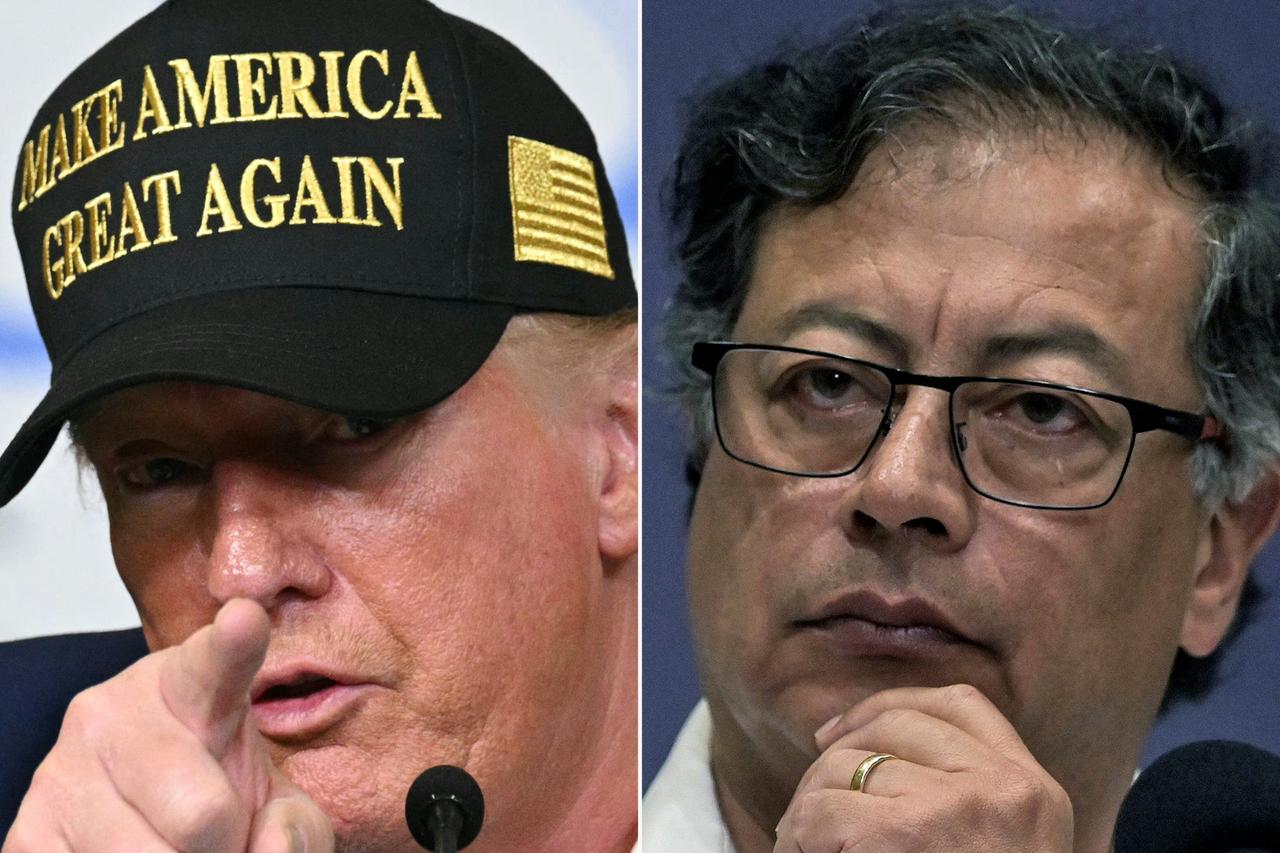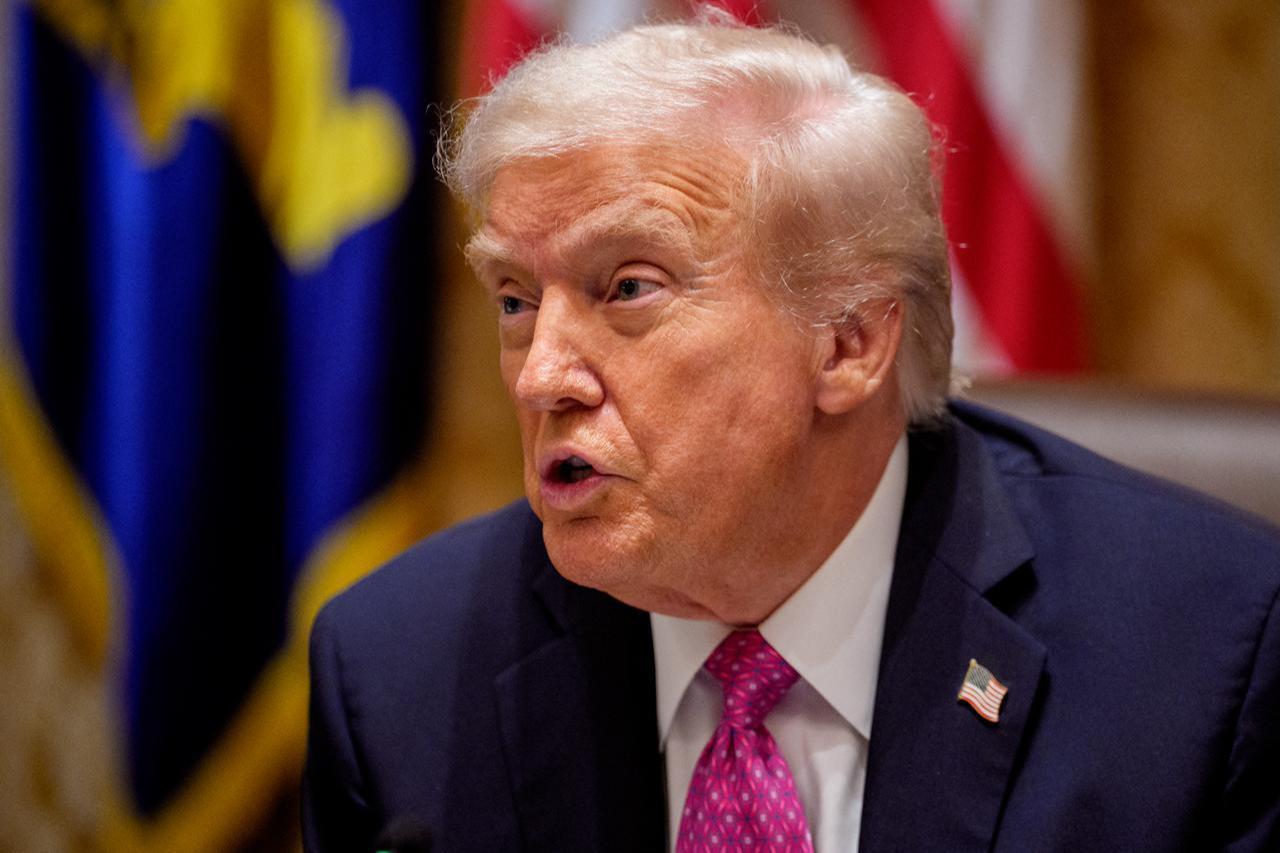
President Donald Trump announced Sunday he is halting all U.S. financial assistance to Colombia, escalating a dispute with the South American nation over coca cultivation and marking a sharp break with a decades-long partnership in narcotics enforcement.
In a post on Truth Social, Trump accused Colombian President Gustavo Petro of "strongly encouraging the massive production of drugs" and doing nothing to curb cocaine trafficking despite what he described as substantial U.S. funding.
"AS OF TODAY, THESE PAYMENTS, OR ANY OTHER FORM OF PAYMENT, OR SUBSIDIES, WILL NO LONGER BE MADE" to Colombia, Trump wrote, claiming Petro has allowed production despite "large scale payments and subsidies from the USA."
The announcement comes amid deteriorating relations between Washington and Bogotá, traditionally close allies in counter-narcotics efforts. Last month, the U.S. State Department decertified Colombia as a cooperative partner in the fight against drugs, a significant diplomatic rebuke.

Trump's post included what appeared to be a veiled threat of intervention. "Petro, a low rated and very unpopular leader, with a fresh mouth toward America, better close up these killing fields immediately, or the United States will close them up for him, and it won't be done nicely," he wrote.
The Colombian government has not immediately responded to the aid cutoff announcement.
The rupture follows months of tension. In September, Trump issued a formal determination to Congress denouncing Petro for not only failing to reduce cocaine production but overseeing its rise to "all-time records." Colombia responded by suspending arms purchases from the United States, its principal military supplier.
Petro, a former leftist guerrilla who took office in 2022, has advocated for overhauling international drug policy. Rather than continuing forced crop eradication programs, he has pushed for addressing the underlying social and economic factors driving drug cultivation.
That approach has coincided with a sharp increase in coca production. Colombian government and United Nations data show cultivation of coca leaf — the raw material for cocaine — has risen approximately 70 percent during Petro's tenure.
Responding to criticism last month, Petro attributed the surge to rising global cocaine demand, particularly in Europe. "The world needs to change its anti-drug policy because it has failed," he wrote on X.
The bilateral friction extends beyond drug policy. Last month, Washington revoked Petro's U.S. visa after he participated in a pro-Palestinian rally in New York during the United Nations General Assembly. Petro has also criticized U.S. naval operations near Venezuela and American interdiction of vessels allegedly transporting drugs.
The aid suspension threatens to upend a partnership that has defined U.S.-Colombian relations for generations, with Washington providing billions in assistance since the launch of Plan Colombia in 2000.